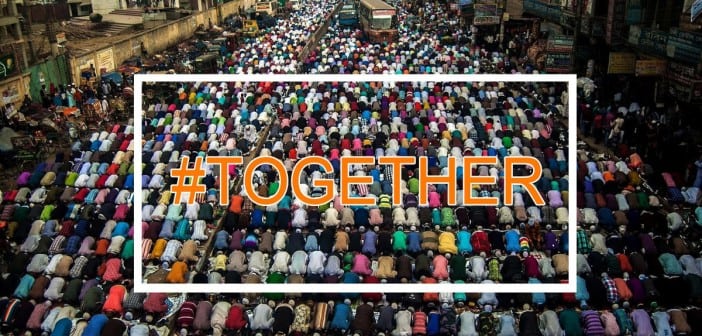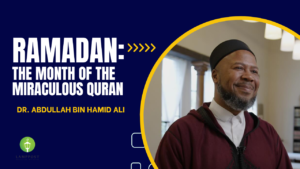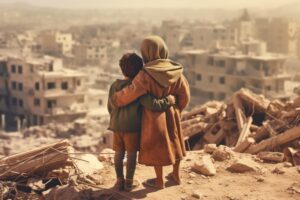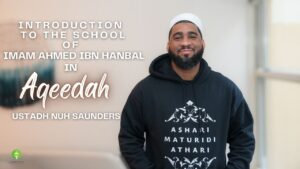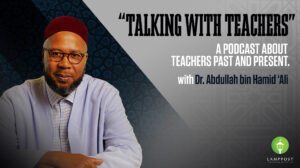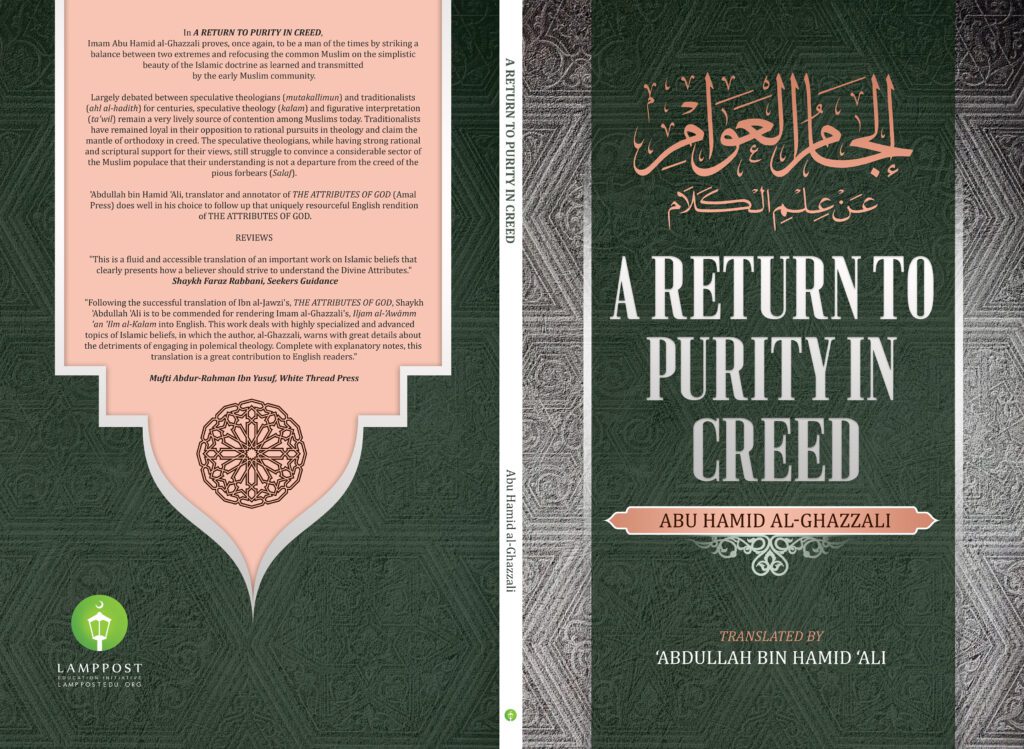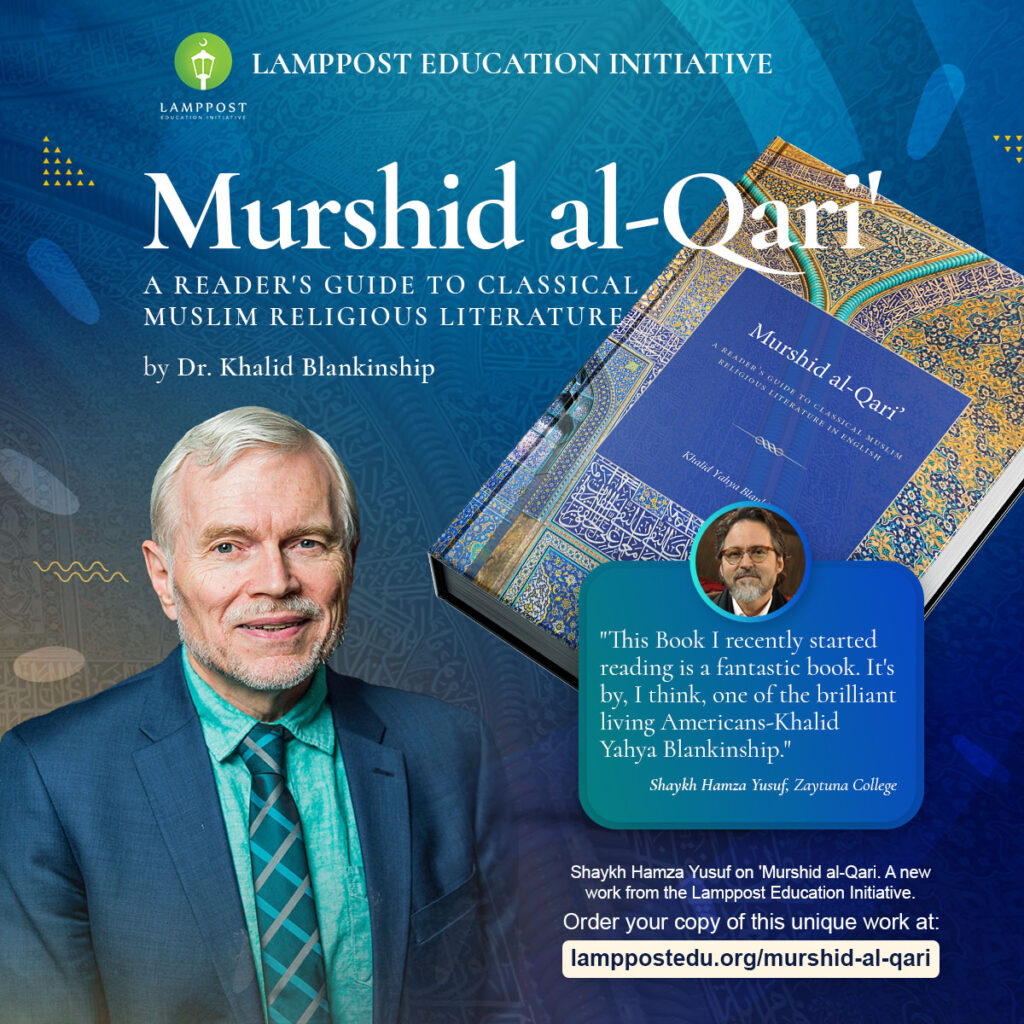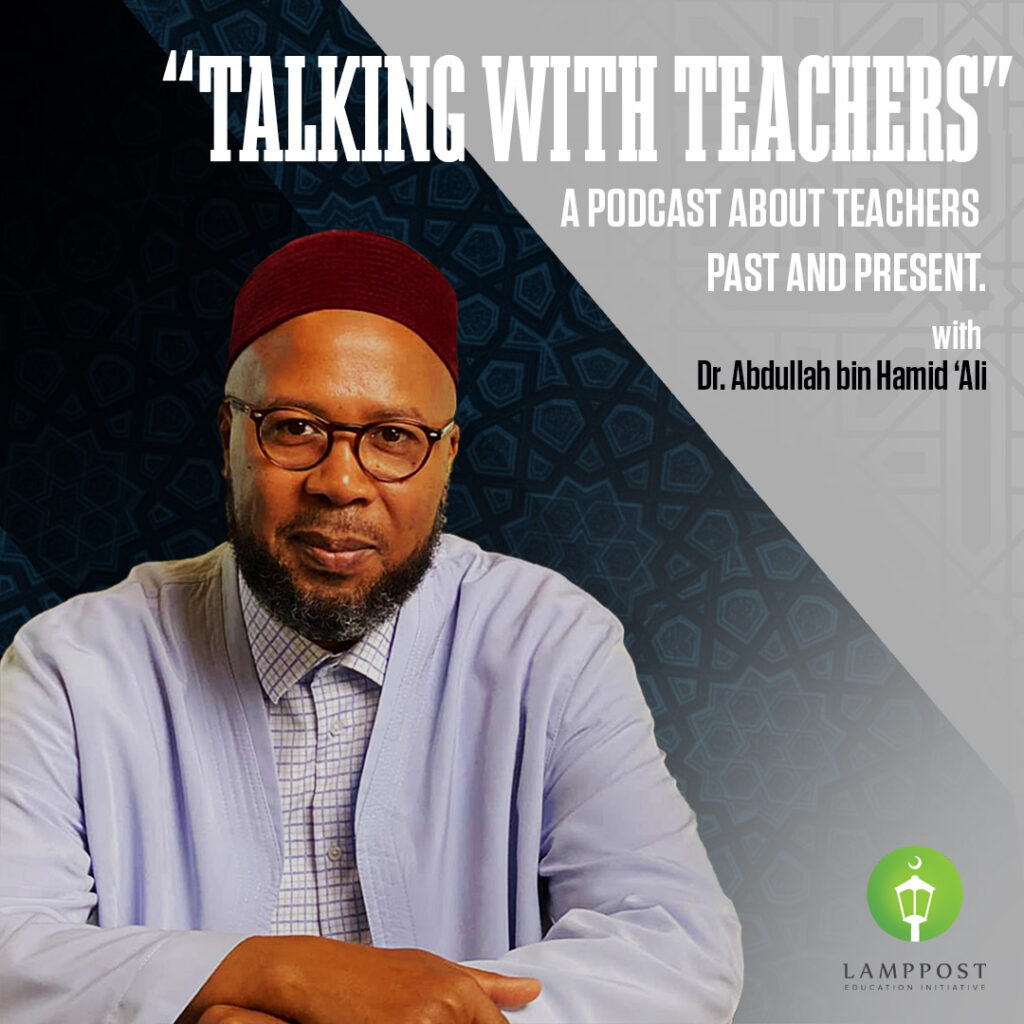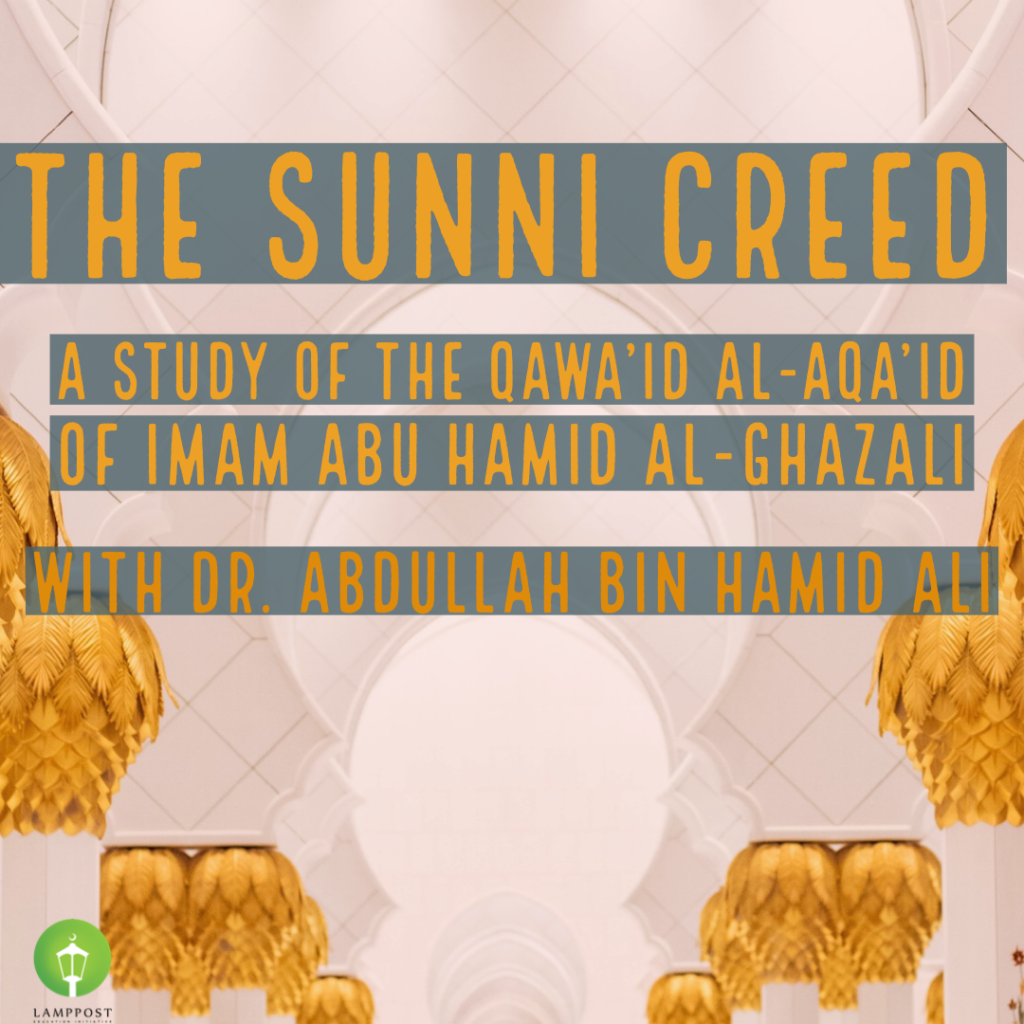A special appeal to all Muslims who are activists working towards social justice from Muslim-American scholars:
Islam is a faith concerned with the wellbeing of all humankind. Like other Abrahamic religions, it combines service to God with service to humanity. It is focused neither exclusively on the hereafter nor solely on sociopolitical concerns. If the most recent US elections exposed the gravity of polarization in American society, it also uncovered a clash of communal visions between some Muslim social justice activists and classically trained Muslim scholars. Social justice is one of the noblest and most essential of causes, and the activists involved with efforts to universalize justice are involved with prophetic work. The support and participation of all Muslims in whatever capacity they can in such work is absolutely essential.
We, as an assembly of experts on the study of Islam and other concerned parties committed to traditional Islamic mores, concerned for both the unity and moral integrity of Muslims living as ethnic and religious minorities, open our hands, hearts, and ears to those Muslims involved in political mobilization and communal organization as a sincere gesture of peace and reconciliation upon the teachings of Islam and universal human concerns.
We wish to both acknowledge and remind others that for every political alliance formed with groups with special interests, those alliances potentially and/or actually alienate others. Alliances are important. But, when those alliances unduly alienate large swaths of the demographic that activists and/or religious scholars themselves claim to represent, it should become a matter of great concern. And, one should pursue ways to attract, rather than repulse potential members and advocates for one’s cause.
Activism is not the exclusive purview of those designated as activists. It is the fulfillment of the Islamic obligation of “enjoining good and forbidding wrong” or “correcting wrongs with one’s hand, tongue, and heart.” Islam cautions us against the threat of external and internal oppression. We must remain vigilant against allowing our opposition to external injustice to make us forget about the danger of internal transgressions against the Creator’s laws. Before our efforts are to be given prophetic sanction, our advocacy must pass the test of prophetic scrutiny and/or imperative.
Our children should not be confused or misled about the mores bequeathed to us by our beloved Prophet Muhammad—God’s peace and blessing upon him. But, victims of oppression are also not to be blamed for their plight even if they can be called to introspect about their own failures to uphold their duty to God and justice to others. Those who fail to make this distinction by placing the crux of responsibility on the oppressed rather than oppressors are derelict in their duty, and their silence in such cases is more useful to the masses.
We believe that the way forward in the US political arena requires a synthesis of the best that both liberals and conservatives have to offer, not merely maintaining a blind commitment to the democratic, republican, or independent parties. Our main desire is that Islam and the preservation of its values be given priority and not sacrificed on the altar of political opportunism. If the mores of others are worth emphasizing, Islamic mores should be worth showcasing as well, even if they clash with those of our allies at times.
This is what creates space for genuine dialogue and understanding, which can lead to long-term peaceful coexistence. It is also what real freedom of expression, thought, and conscience look like. We believe that “all” people agree on the “majority” of issues and concerns. The points of disagreement and difference pale in comparison. We all are members of one human family, from the same mother and father: Adam and Eve. Our true enemy is Satan.
Like this?
Get more of our great articles.
Our call is for:
the prioritization of the non-negotiable teachings of Islam instead of viewing our religion and scripture through the strictures of uncritical moral assumptions, be they liberal or conservative.
a commitment to insulating all members of the community even those with whom we strongly differ from the attacks of those who wish us physical and spiritual harm.
a call to initiate regular dialogue with one another about areas of disagreement rather than public antagonism and assuming the worse about one another’s intentions.
Lastly, we invite activists and scholars together to form more holistic and inclusive strategies to protect our civil, religious, and human rights.
With that said, let us work together to secure our rights and persons as fellow Americans while preserving all that is special about being Muslim in the process. This will ensure that our moral legacy is passed onto our children and that the mark we make in history underscores the Islamic principles which guided us to our success.
Signatories:
- Dr. Abdullah bin Hamid Ali, Zaytuna College & Lamppost Education Initiative
- Imam Al-Hajj Talib ‘Abdur-Rashid, The Mosque of Islamic Brotherhood & Deputy Amir, MANA
- Ustadha Ieasha Prime, Barakah Inc
- Imam Dawud Walid, Executive Director of CAIR-Michigan
- Haytham Soliman, CEO MuslimMatters Inc.
- Shaykh Khalil Abdur-Rashid, Islamic Seminary of America
- Shaykh Abdul-Karim Yahya, Munazzamah Dar al-Rahmah
- Imam Sulaimaan Hamed, The Atlanta Masjid of Al-Islam
- Shaykh Amin Muhammad, Masjid Muhammad of Atlantic City
- Shaykh Joe Bradford, Wellspring Endowment
- Aisha H.L al-Adawiya, Founder of Women In Islam Inc.
- Ustadha Muslema Purmul, Institute of Knowledge
- Shaykh Kafani Cisse, Student and Teacher and Cultural ambassador of A.A.I.I. and Namsrul Ilm America. #helpforhumanity
- Bilal Ansari, Chaplain/Community Organizer
- Ustadh Nouman Ali Khan, Bayyinah Institute
- Arbazz Mohammed, Sahaba Initiative
- Daniel Haqiqatjou, Islam & Evolution, MuslimMatters Inc.
- Anas Hlayhel, Masjid esSalaam, Chandler, AZ
- Hazel Gomez, Rabata’s Ribaat & Michigan Faith In Action
- Khalil Muhsin, Lamppost Education Initiative
- Amad Shaikh, MuslimMatters Inc.
- Wajiha Khalil, Art and Education
- Edward Ahmed Mitchell, Executive Director, CAIR Georgia
- Jamil Abdur-Rahman, The National Muslim Council for Justice ( NMCJ )
- Dr. Zahid Bukhari, ICNA Council for Social Justice
- Minhazul Abedin, Masjid Muhammad Atlantic City
- Aamer Ahmed, President of MA’RUF
- Abdul Aziz Suraqah, Ibriz Media
- Haji Abdul Kareem Nandasena, Amanulla Centre
- Suzy Ismail, Cornerstone
- Imam Amin Nathari, Islam in America Movement and the Muslim Empowerment Institute
- Imam Khalis Rashaad, Ibrahim Islamic Center
- Faiz Khan, Justice for muslim
- Maha Elgenaidi, Islamic Networks Group (ING)
- Tarek El-Messidi, CelebrateMercy
- Mohammad Elshinawy, MuslimMatters Inc.
- Zainab Ismail, Al-Maqasid
- Dr. Shadee Elmasry, NBIC and Safina Society NJ
- Arsalan Haque, Islamic Association of Collin County
- Imran Muneer, The Mad Mamluks Podcast
- Shaffwan Ahmed, Activist and Organizer
- Qasim Rashad, United Muslim Masjid
- Ameena Jandali, Islamic Networks Group
- El Hajj Mauri Saalakhan, The Aafia Foundation Inc.
- Dr Sulayman Nyang, The Aafia Foundation
- Abdur Rehman Badat, Activist
- Farooq Zafar, MUSElim
- Nana Firman, Global Muslim Climate Network
- Sabiha Ansari, American Muslim Consumer Consortium (AMCC)
- Imam Osamah Salhia, Islamic Center of Passaic County (Clifton Campus)
- Hassan Kazi, Justice for All, Al-Nadwa Institute & Al Falah Islamic Centre
- Dr. Iqbal Al-Nadvi, ICNA Canada, Al-Nadwa Institute & Canadian Council of Imams
- Cassim Peer, Gordon’s Bay Islamic Society
- Khalid Baig, Albalagh
- Sulaiman Saleem, Institute of Islamic education
- Mobeen Vaid, MuslimMatters Inc.
- Sarah Bellal, UC Berkeley MSA
- Shaykh Luqman Ahmad, Mosque Without Borders, Imam, Islamic Society of Folsom
- Yasin Dwyer, Muslim Chaplaincy at Ryerson University

